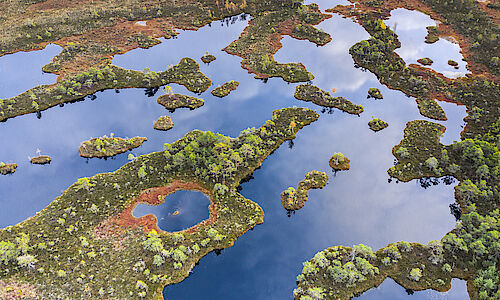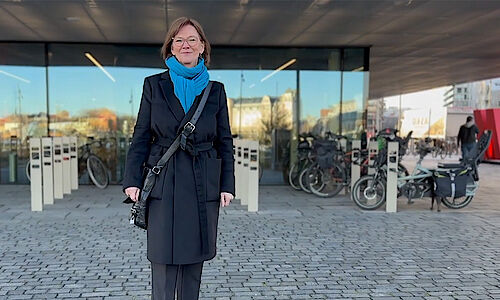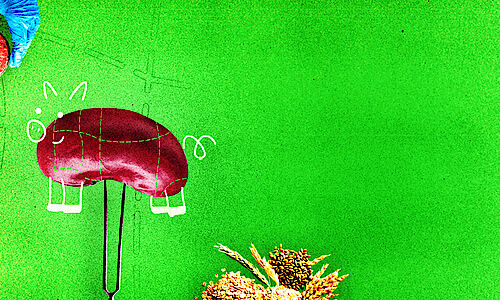News & Academies' activities
Highly successful workshop held in Vilnius on 17 June 2015
on joint report "Management of spent nuclear fuel and its waste" by EASAC and European Commission's Joint Research Centre (JRC)
A joint report for policy makers was published in September 2014, by a working group of experts from EASAC member academies and the JRC. It was launched in Brussels on 30 September 2014 and, since then, there has been on-going interest in its contents from many EU Member States. A series of workshops has therefore been hosted by EASAC member academies in Hungary, Slovakia, Norway and Lithuania, co-organised with the JRC, to facilitate informal discussions on the report’s findings between national policy makers, relevant national organisations, independent experts and experts from the European Commission.
The latest of these workshops was hosted by the Lithuanian Academy of Sciences at its very well equipped building in the heart of the beautiful city of Vilnius on 17 June 2015. In total, 39 participants were welcomed by the President of the Academy Prof Valdemaras Razumas who explained that the academy, which was established in 1941, has to provide expertise to the government and to report annually to parliament. The history, structure, aims and work of EASAC were presented by William Gillett, Director of the EASAC Energy Programme, and those of the JRC were presented by Dora Dudas from the JRC headquarters in Brussels. The nuclear activities in Lithuania were presented by Prof Eugenijus Uspuras from the Lithuanian Energy Institute, who had contributed to the joint EASAC / JRC report as a member of the expert group.
The legislative context in which the report was produced, notably the EU Directive 2011/70/EURATOM, was explained by Gunnar Buckau from the JRC and the content of the EASAC / JRC report was very well presented by Pierre Kockerols from the JRC, who emphasised that the aim was to explain the policy options which are available for the future management of spent nuclear fuel and its waste, and their implications, but not to make recommendations because each country must decide for itself on the best solutions for its own particular conditions. Invited contributions were also made by the Director and one of the Heads of Division from the State Enterprise Radioactive Waste Management Agency (RATA), the Head of Radioactive Waste Management Department at the Ignalina Nuclear Power Plant (INPP), the nuclear engineering department of the Lithuanian Energy Institute, and the Center for Physical Sciences and Technology (FTMC).
Discussions, questions and answers took place during the event, but also during the coffee break. Of particular note were the discussions that followed the challenging questions posed by Viktorija Cmilyte-Niesen, Member of the Lithuanian parliament, which were answered by both the experts from the JRC and the national experts present.
Presentations, participants list, and highlights will be available on request.
William Gillett, EASAC Energy Programme Director
<link fileadmin pdf_s reports_statements full_report_management_spent_fuel_and_its_waste_final_final_webvs.pdf download file>Link to EASAC-JRC Report
<link https: ec.europa.eu jrc en news external-link-new-window external link in new>Link to JRC News item
<link http: lma.lt en media-library photo-gallery category external-link-new-window external link in new>Link to the photo gallery of the Lithuanian Academy of Sciences
back to overview































